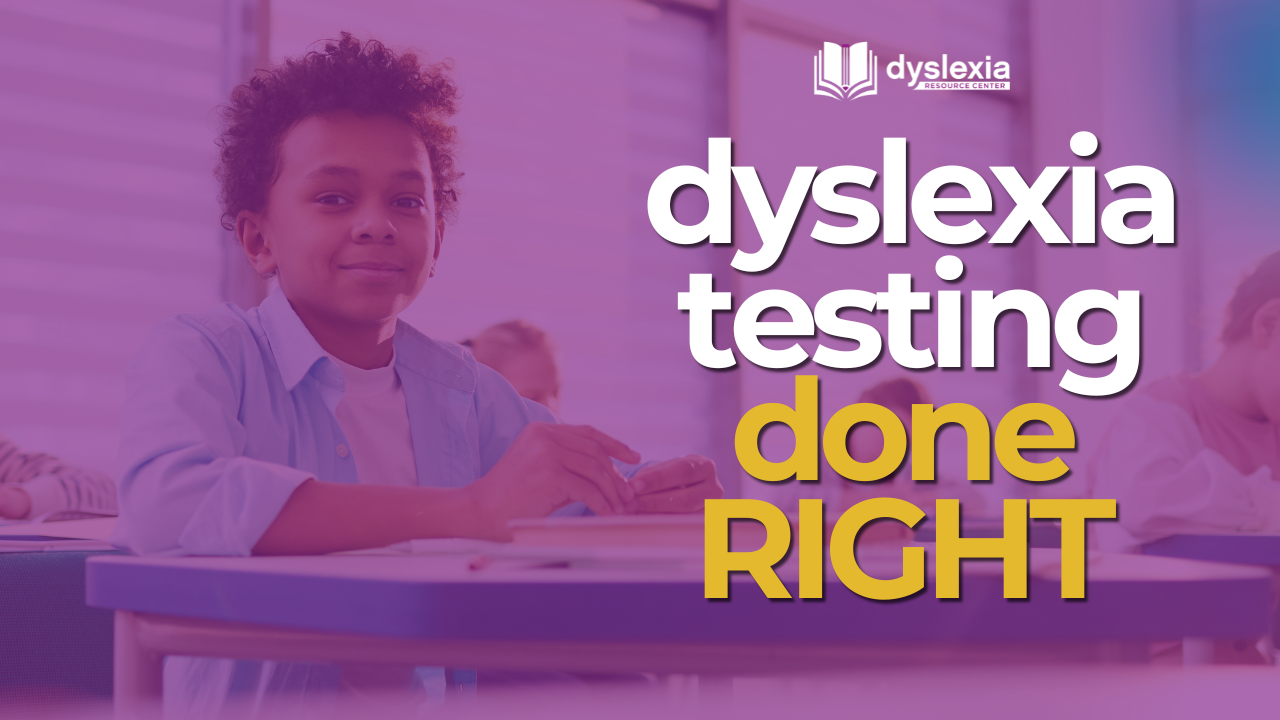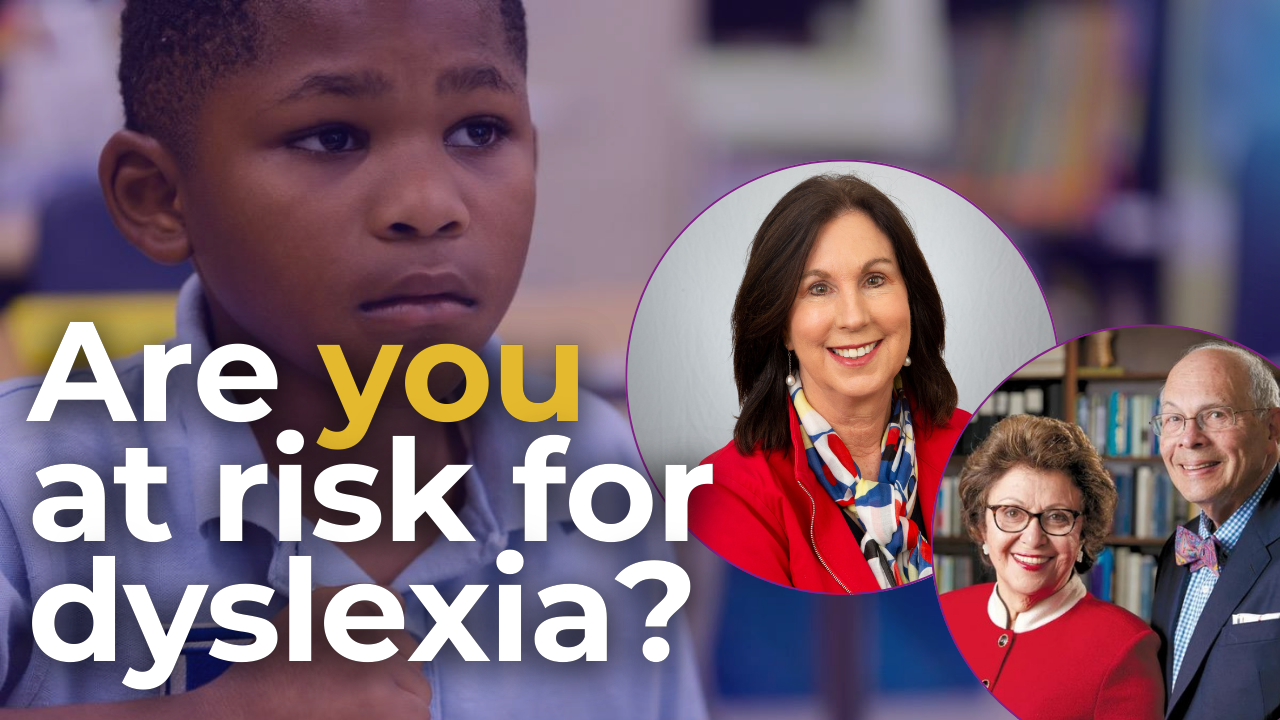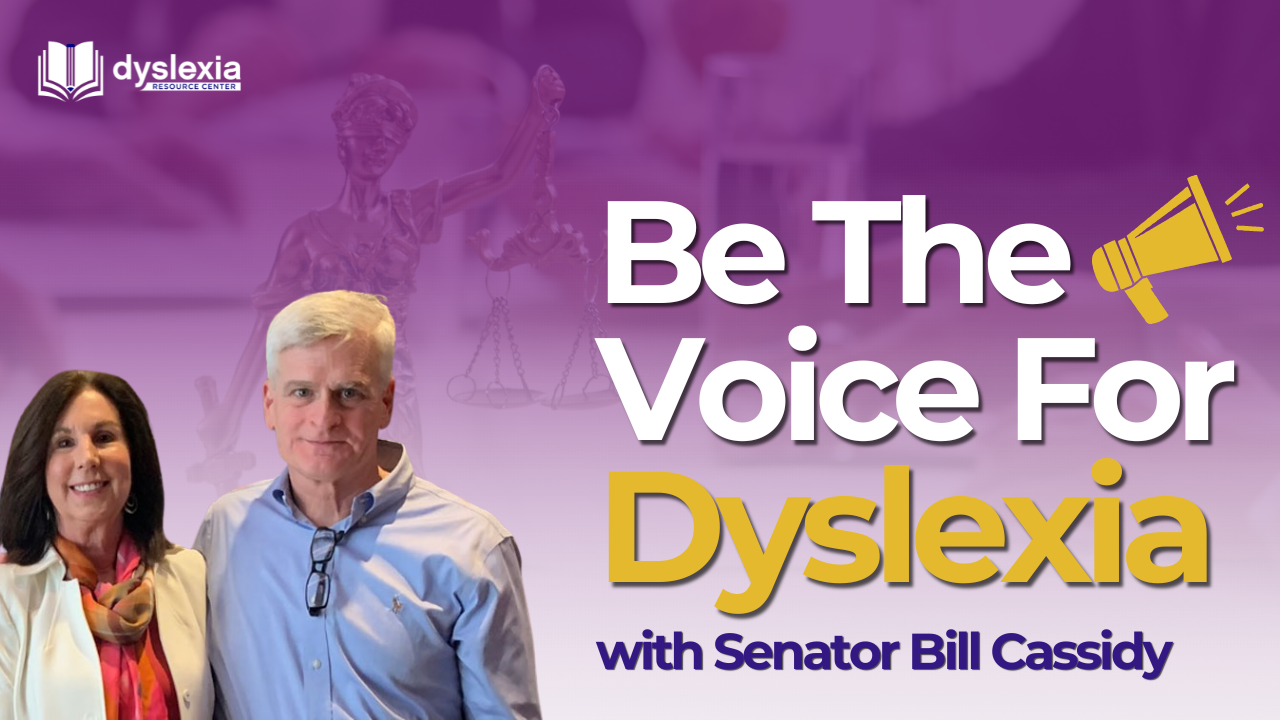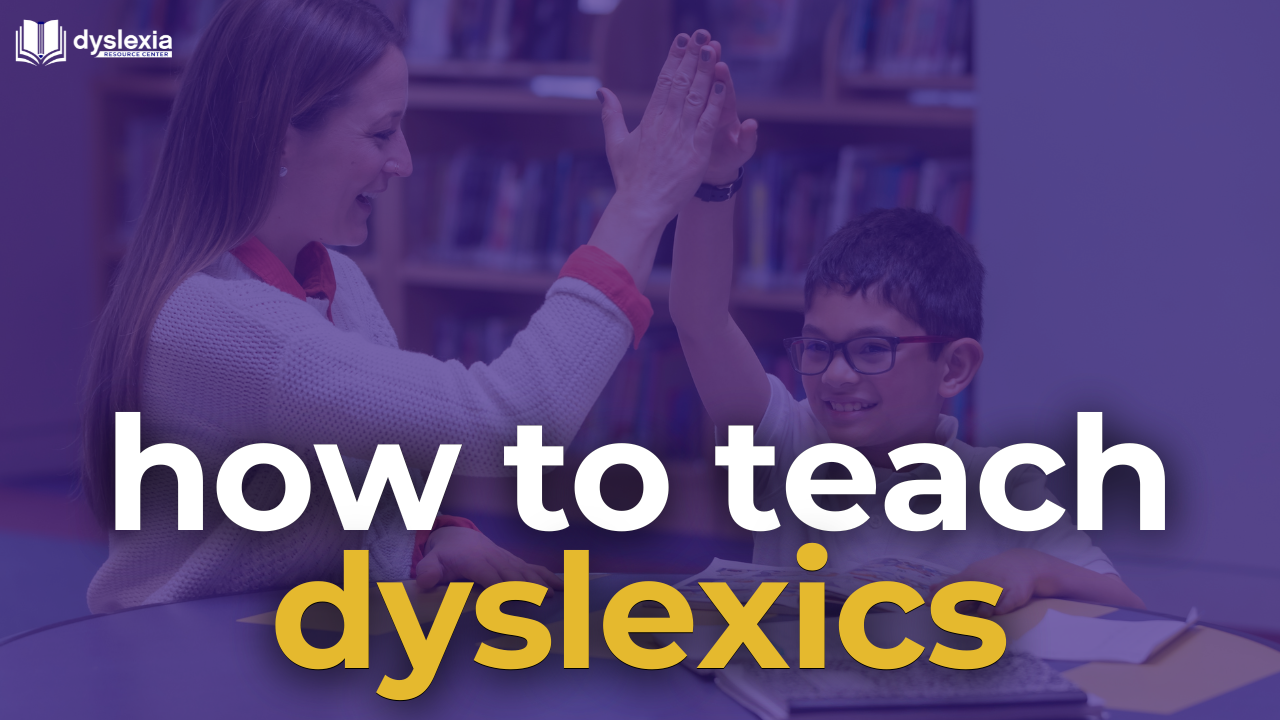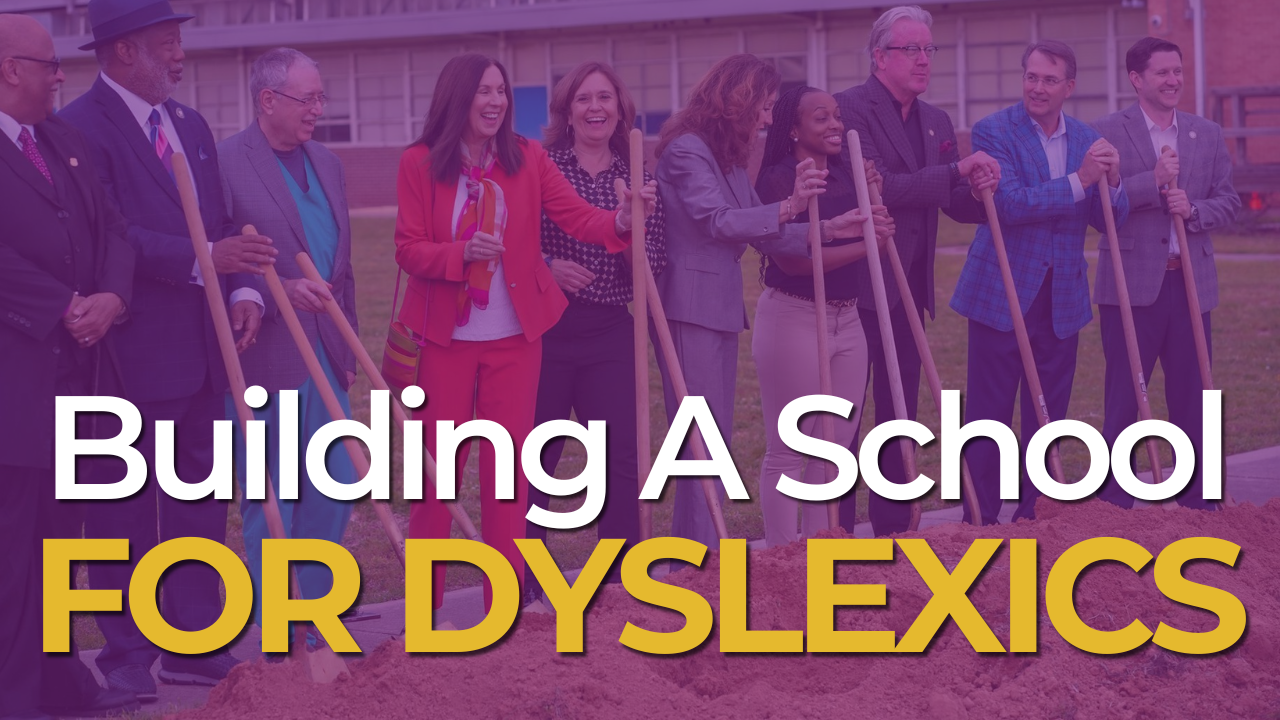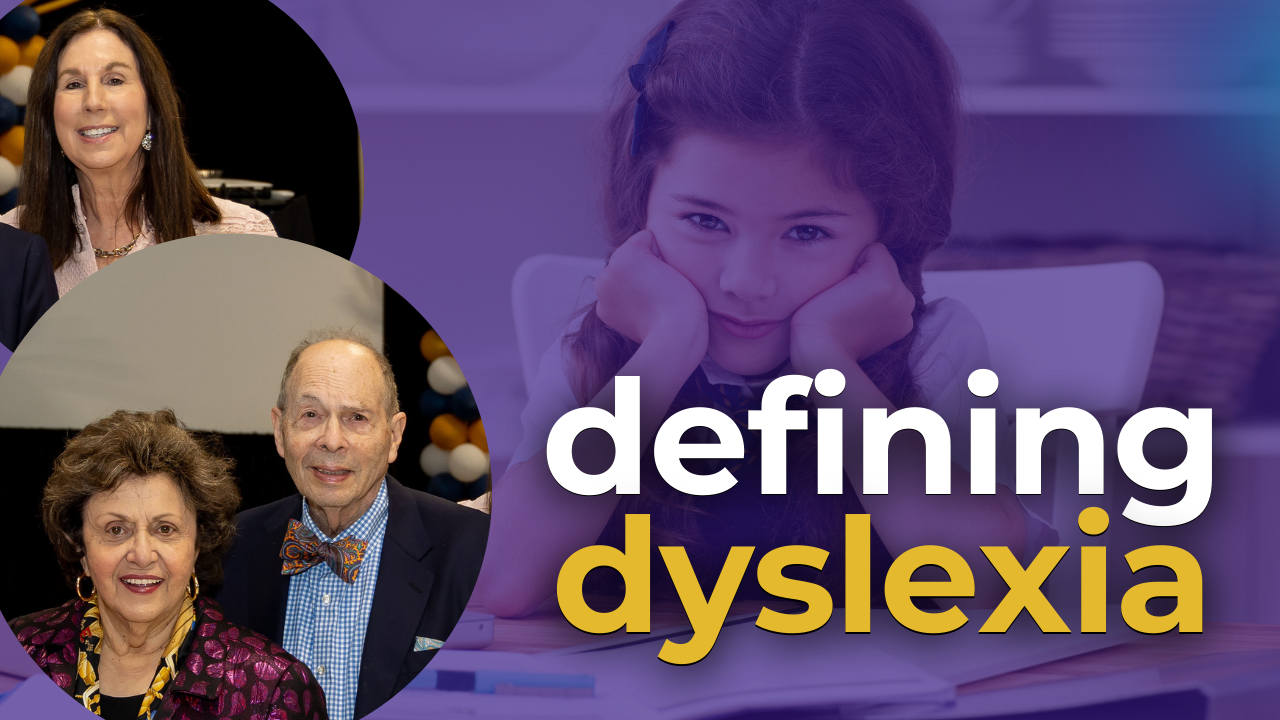Dyslexia: Four Facts You Should Know

Dyslexia affects individuals' ability to read, write, and spell. Dyslexia is characterized as a difficulty in phonological processing, making it challenging for people with dyslexia to connect sounds to letters and letter groups. In this blog post, we will explore four key facts about dyslexia that everyone should be aware of.
Facts You Should Know
FACT 1: PREVALENCE IN DYSLEXIA
Did you know that approximately 1 in 5 individuals are affected by dyslexia? This means that in every classroom, there are bright children who struggle with reading, spelling, and writing due to dyslexia. This high prevalence underscores the need for widespread awareness and support for individuals with dyslexia.
Early identification of dyslexia is crucial as it allows for targeted interventions and support to be implemented promptly, leading to improved educational outcomes. Advocacy and raising awareness are also essential in creating inclusive environments where individuals with dyslexia can thrive. Schools, communities, and organizations have a vital role to play in promoting awareness and providing resources for those affected by dyslexia.
In an educational setting, it is common to have multiple students with dyslexia, and they may face challenges in reading, spelling, and writing compared to their peers. Educators need to be aware of dyslexia and employ appropriate teaching strategies to support these students
FACT 2: CHALLENGES IN DECODING WORDS
One of the primary hurdles for dyslexic students is decoding words. Dyslexic individuals often struggle with accurately recognizing and manipulating phonemes, making it difficult for them to understand the relationship between sounds and letters.
Phonemic awareness, the ability to identify and manipulate individual sounds within words, is a critical skill for reading development. However, dyslexic individuals may have difficulty distinguishing and manipulating phonemes due to their inherent challenges with phonological processing. This can lead to difficulties in decoding words and impede their overall reading comprehension.
Another challenge faced by dyslexic individuals is the grapheme-phoneme correspondence. Dyslexia can make it challenging for individuals to associate specific sounds with their corresponding written symbols. This can result in difficulties in accurately sounding out words, leading to errors and a lack of fluency in reading.
The struggles with decoding words that dyslexic individuals experience can have a profound impact on their overall reading comprehension. When they struggle to decode words accurately and fluently, it becomes challenging for them to understand the meaning of the text they are reading. This can hinder their academic progress and make it difficult for them to fully engage with learning materials.
Fortunately, there are various strategies and interventions that can support dyslexic individuals in improving their decoding skills, such as explicit phonics instruction, multisensory techniques, and assistive technology.
FACT 3: STRENGTHS IN CRITICAL THINKING
While dyslexia presents challenges in reading and writing, it's essential to recognize the strengths that dyslexic individuals possess. Research has shown that dyslexic individuals often excel in higher-level cognitive functions such as reasoning, critical thinking, concept formation, and problem-solving. These strengths should be celebrated and nurtured.
Dyslexic individuals have unique perspectives and ways of thinking that can contribute to their success in various areas. Here are some key points to consider when it comes to their strengths in critical thinking:
1. **Reasoning**: Dyslexic individuals often have strong reasoning abilities. They are skilled at analyzing information, identifying patterns, and making connections between different concepts. This ability allows them to approach problems from different angles and come up with innovative solutions.
2. **Critical Thinking**: Dyslexia requires individuals to develop strategies to overcome reading and writing challenges. As a result, dyslexic individuals become adept at critical thinking. They are skilled at evaluating information, thinking critically about complex issues, and making logical connections between ideas.
3. **Concept Formation**: Dyslexic individuals have a unique ability to grasp abstract concepts and form connections between seemingly unrelated ideas. This skill allows them to think outside the box and come up with creative solutions to problems.
4. **Problem-Solving**: Dyslexic individuals often excel in problem-solving tasks. They have the ability to break down complex problems into smaller components, analyze each part individually, and then put them back together to form a comprehensive solution. This process demonstrates their strong problem-solving skills.
It is important for educators, parents, and society as a whole to recognize and nurture these strengths in dyslexic individuals. By focusing on their abilities rather than their difficulties, we can empower them to reach their full potential.
FACT 4: EARLY SCREENING & EVIDENCE BASED TEACHING
Early identification and intervention are crucial for supporting children with dyslexia. By screening for dyslexia in kindergarten or first grade, educators can identify struggling students early on and provide them with evidence-based interventions tailored to their needs.
With the right support and educational strategies, children with dyslexia can overcome their challenges and thrive in the educational landscape.
Educators play a vital role in screening with an evidence based screener for dyslexia and if at risk, ensuring the students get tested for dyslexia. Tailored interventions such as multisensory instruction, phonics instruction, assistive technology, and personalized accommodations can address the specific needs of dyslexic students.
By fostering a positive mindset and promoting self-advocacy skills, educators can empower these students to reach their full potential.
Let's raise awareness about dyslexia, advocate for early screening, and promote inclusive education for all students to ensure no child is left behind in their educational journey. Together, we can make a difference in the lives of these bright individuals.
To learn more about the ways that we can help, check out our
online resource for educators here.
